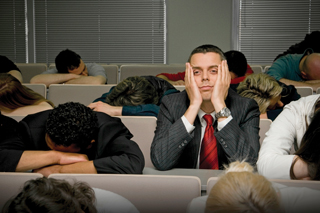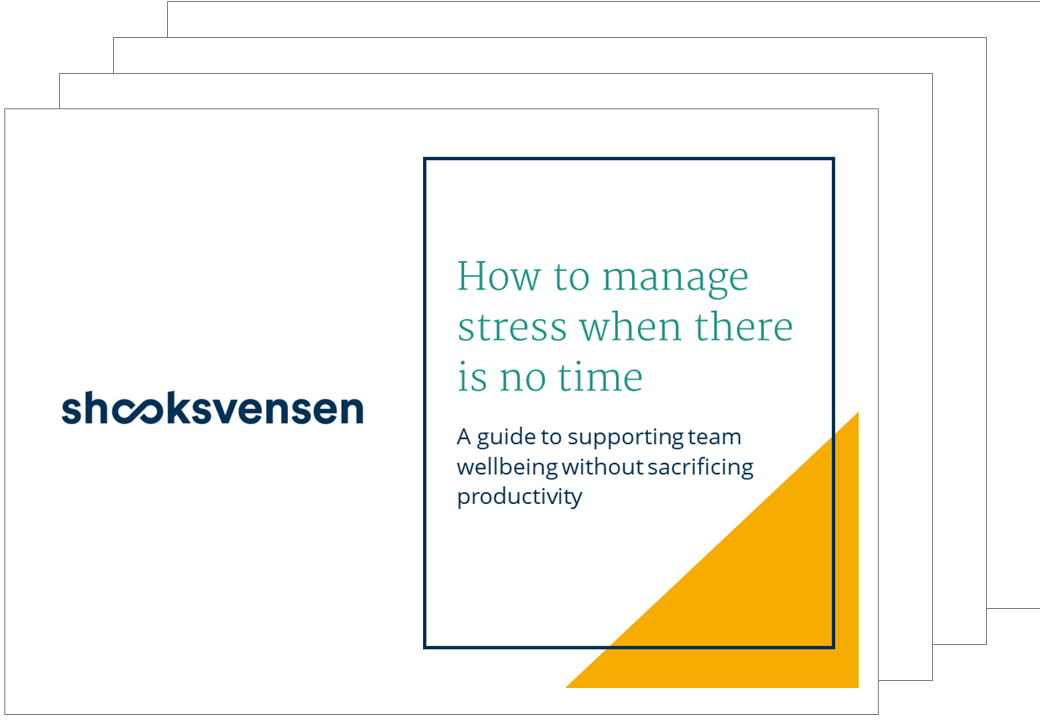
Dear Zoom, we need to talk
Two years ago, many organisations were not open to the idea of working from home. Then 2020 came and most office workers had to work at home, and we all quickly learned how it can be done.
People were so adaptable; it didn’t take long to become Zoom pros and super Slack users. We proved that virtual collaborative working was possible. It was a stunning and rapid shift – a testament to the adaptability of human beings.
But something else happened in that shift: people also learned that we could jam 8 hour-long meetings into an 8-hour day and that has now become a habit. We didn’t plan it like this, it just happened.
Why are we doing this?
This reminds me of when the automatic washing machine was invented and brought to market. It was lauded (or so the story goes) as a godsend for housewives, so they could have more leisure time. But there wasn’t any more leisure time, just more things to do instead of doing laundry by hand.
Instead of benefitting from efficiency, we put pressure on ourselves to do more. And now we know that we are doing too many meetings!
Let’s stop
It’s too much. Too many people are spending too many hours on Zoom. We are increasing stress levels and leading ourselves towards mass burnout, less overall efficiency, and less time to get actual work done.
Too much of a good thing is killing us – let’s break free before it is too late
Many people who spend hours and hours in back-to-back meetings say they attend a lot of unnecessary meetings, unstructured meetings, and meetings for the sake of meeting. And most know that it just doesn’t need to be this way; we just need to stop, assess, and create a sane way forward.
So, how do we change this?
Here are some ideas for addressing meeting madness:
- Stop inviting everyone to a meeting just because it’s easy for them to show up on screen or just because you don’t want to leave anyone out.
- Be disciplined about time. 60 minutes is an arbitrary number. Instead choose 50 or 45 minutes and make your meetings fit into that time so there is breathing room and thinking time before and after.
- Take a 5-minute break in the middle and ask everyone to get away from devices and get a breath of fresh air (not just more caffeine).
- Give yourself a no-meeting Friday or no meetings before 11 every day so people can get some work done when their brains are fresh.
All of these ideas are about respecting that we are human beings with a body that needs tending and a brain that works best when it is well cared for.
Managing stress – when there is no time

To understand more about how the brain works and why it needs more space – download our guide.
A guide to supporting team wellbeing without sacrificing productivity.
find out more